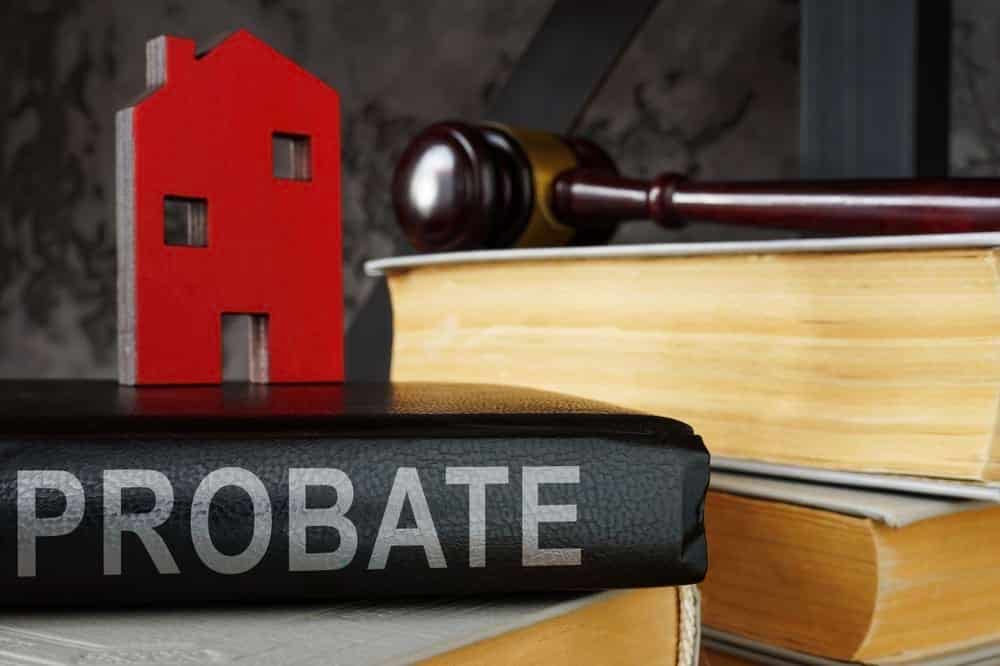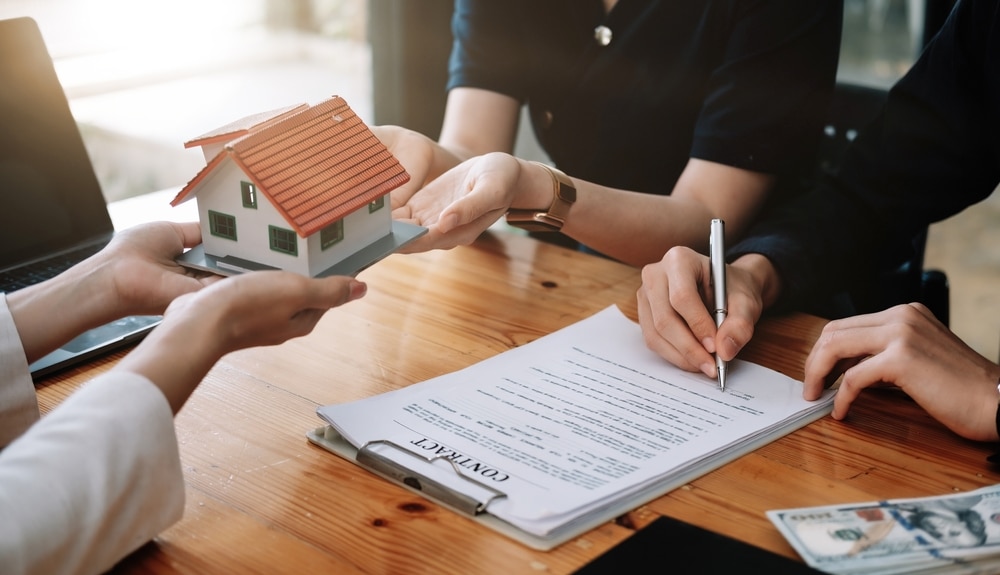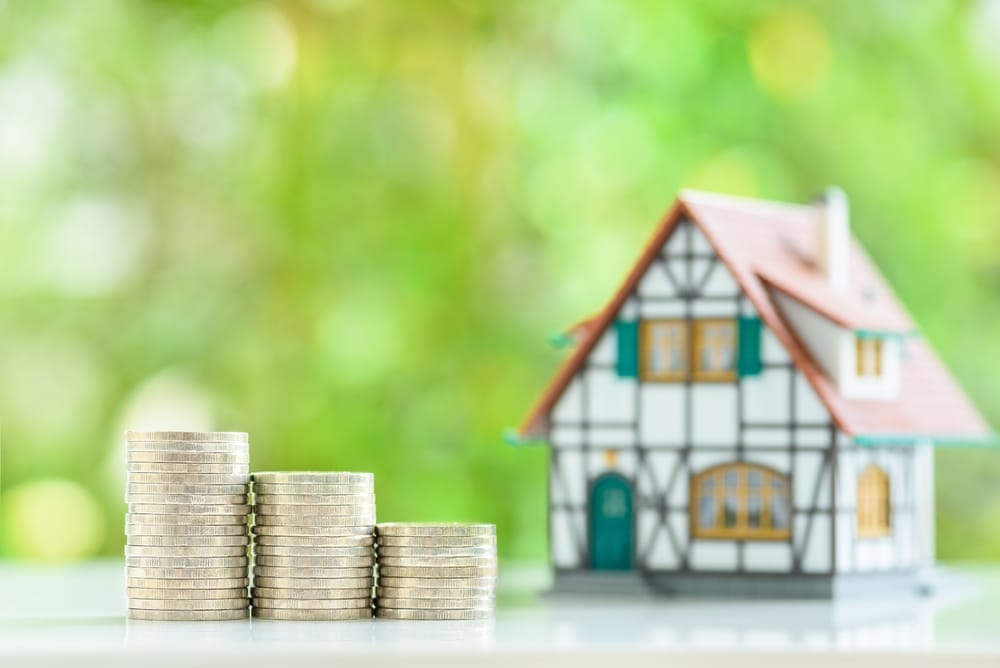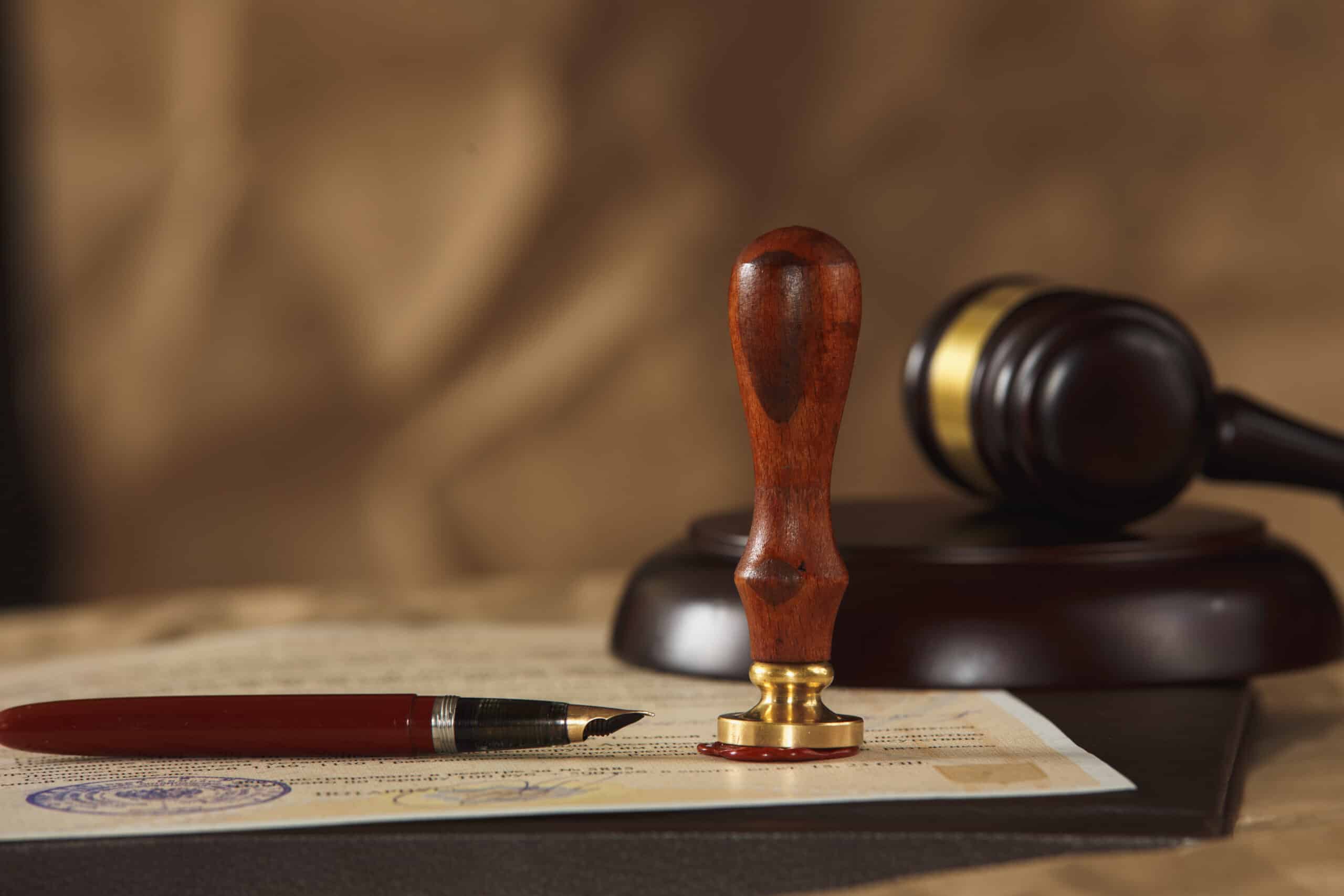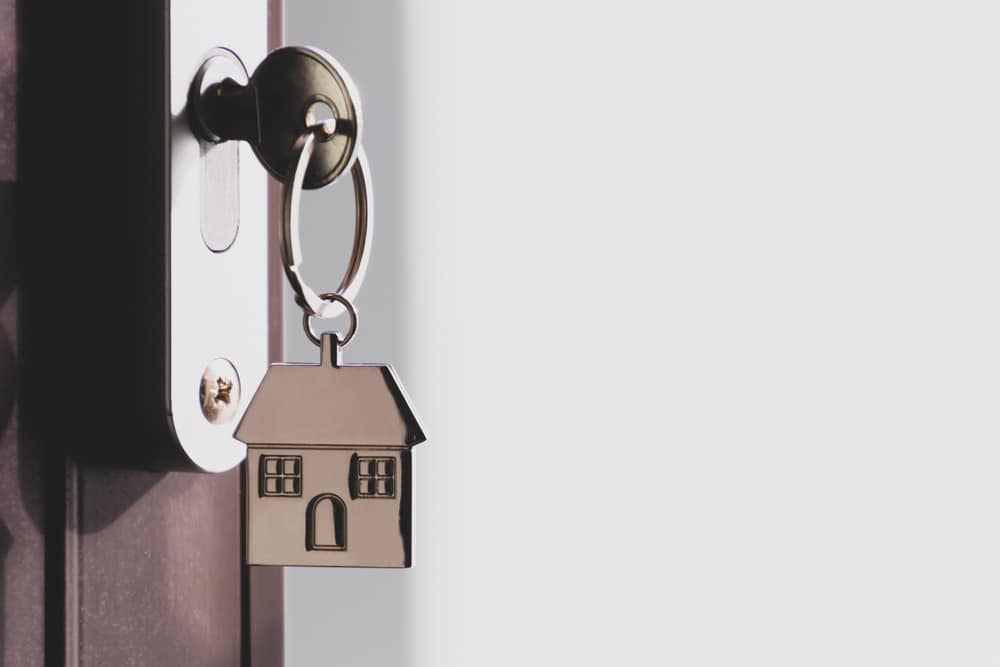Sorting out a deceased loved one’s assets can be complicated.
If they have left a Will, this will hopefully indicate to whom their property(s) should be left.
However, many other complications are involved, including applying for probate.
But if you are explicitly wondering about probate valuations—including what they are, how much they cost, how long they take, and more—then read on.
What is a probate valuation?
In the deceased’s will, they will hopefully name the person or people entitled to their property.
Before the beneficiary of the property can become the legal owner, the property has to undergo a probate valuation to determine its worth.
A probate valuation is also used to:
- Find out whether or not inheritance tax needs to be paid, and if so, how much
- Calculate the Capital Gains Tax on any assets that have increased in value since the death
- Ensure any outstanding debts are paid off, and the estate is correctly distributed to the beneficiaries
- Make the probate application (as the probate valuation has to come first)
The valuation will identify how much the property would sell for if it were sold on the open market.
Is there a time limit for a probate valuation?
There is no time limit in the UK on when you can apply for probate. Therefore, there is no time limit for a probate valuation to be completed.
Remember that inheritance tax must be paid within six months of the person’s passing, irrespective of how far along you are in the probate process.
How much does a probate valuation cost?
Most property experts charge to complete a valuation of your house.
They will either charge a fixed rate, which may vary depending on the size of your property, or they might charge between 1 – 5% of your house’s value.
While some estate agents offer free valuations, they are often not lower-priced than independent experts because they sometimes exaggerate their valuation to please prospective customers.
If you have the finances to do so, you may want to consider getting second or third opinions, just to be thorough.
Costs at this stage in the probate process can usually be taken out of the estate later on.
Does a probate valuation take longer than usual?
There is no reason why a probate valuation might take longer than a standard valuation to complete.
If the house is in poor condition, it might affect its valuation.
Should I empty the house before a probate valuation?
You are legally required to wait until probate is granted before you empty the contents of a property.
This is advisable if there is more than one beneficiary of the property, as you may need to discuss as a group who inherits which items from the house’s interior.
Does probate need to be completed to sell a house?
Yes, probate must be completed before you can legally sell a house.
However, you can list a property on the market before probate is completed. But you cannot complete the paperwork to sell it until probate is granted.
Some people may place the house on the market before the probate is granted to speed up the selling process.
Who is responsible for keeping a property secure during probate?
The executor or administrator is responsible for keeping the property secure while not being lived in.
In many instances, the probate process can take over six months, and the house needs to be secure during this timeframe.
If the home is damaged while probate is being completed, the executor or administrator may be liable to the beneficiaries and creditors if, for example, it decreases in value.
Keeping an uninhabited house safe and secure can be complicated.
In addition to installing security measures and getting the correct insurance, you may have to take care of more minor details.
These can include turning on the heating in cold seasons to prevent burst pipes or dampness.
We Buy Any Home has a collection of blogs on our website about probate, selling houses, and much more.
If you are looking to sell your probate property, we can buy it from you in as little as 7 days.

